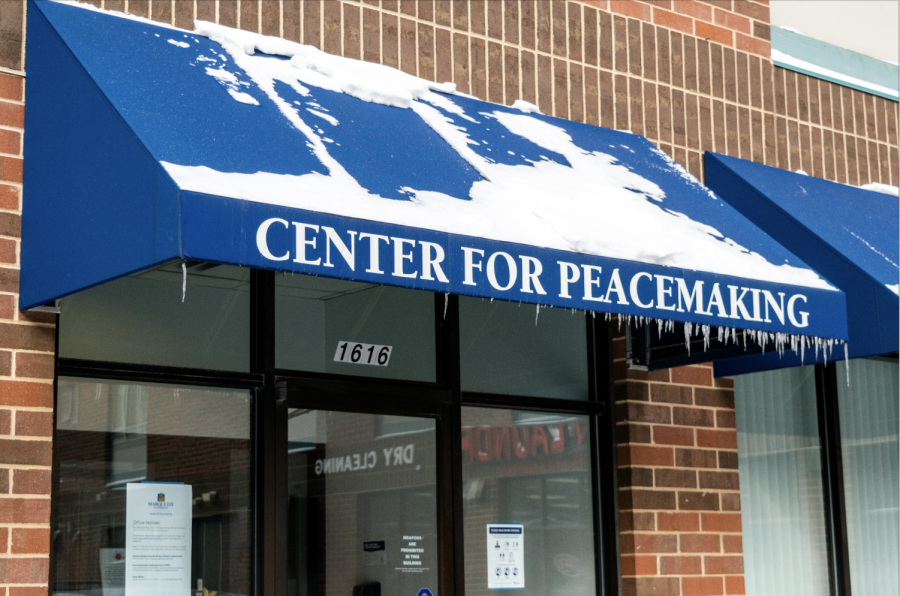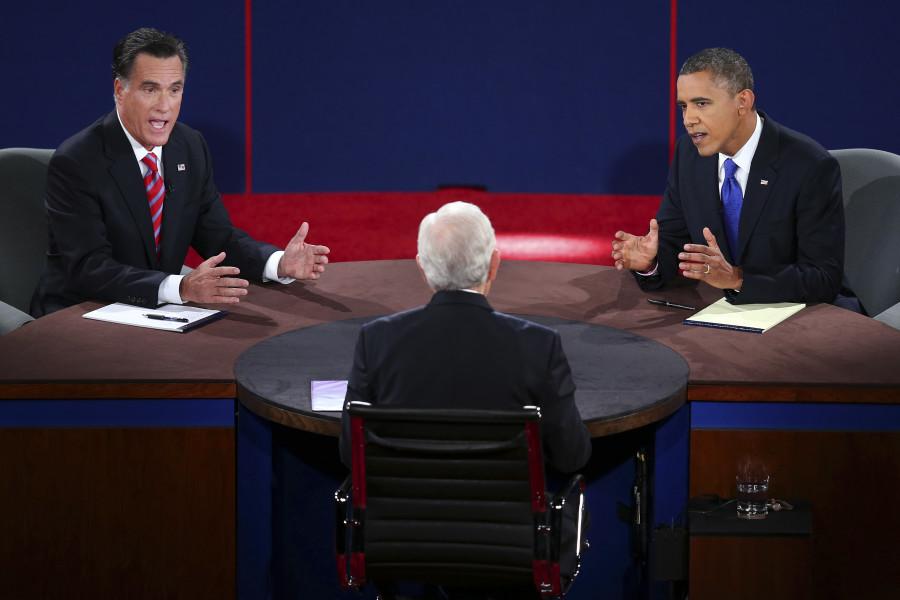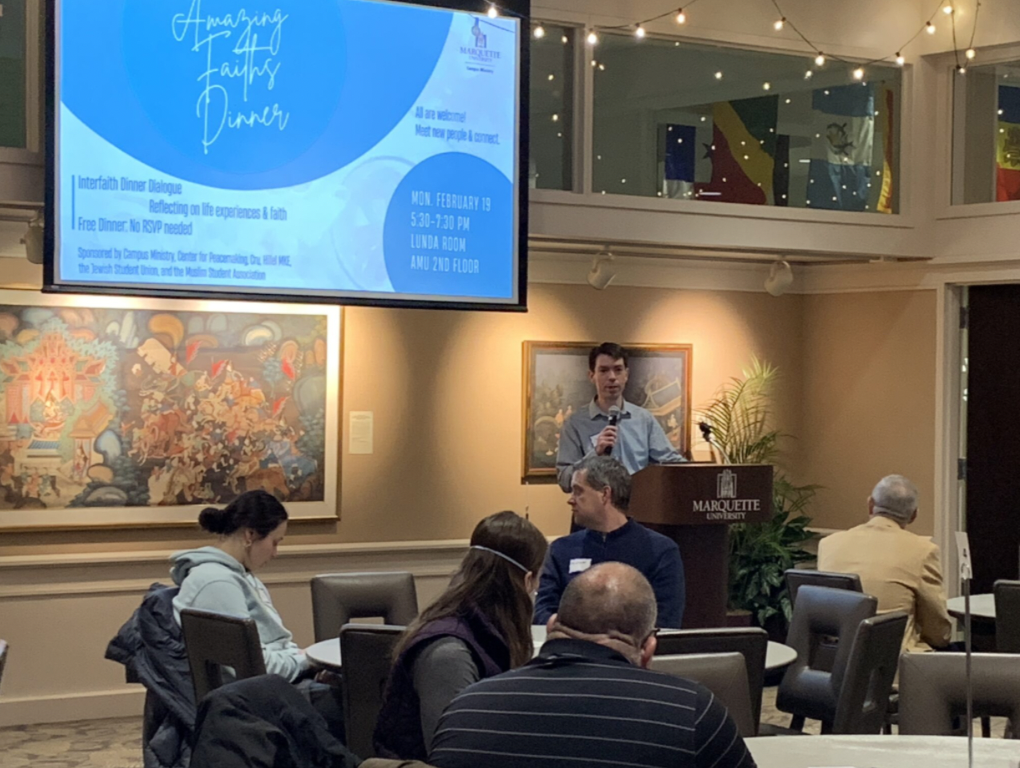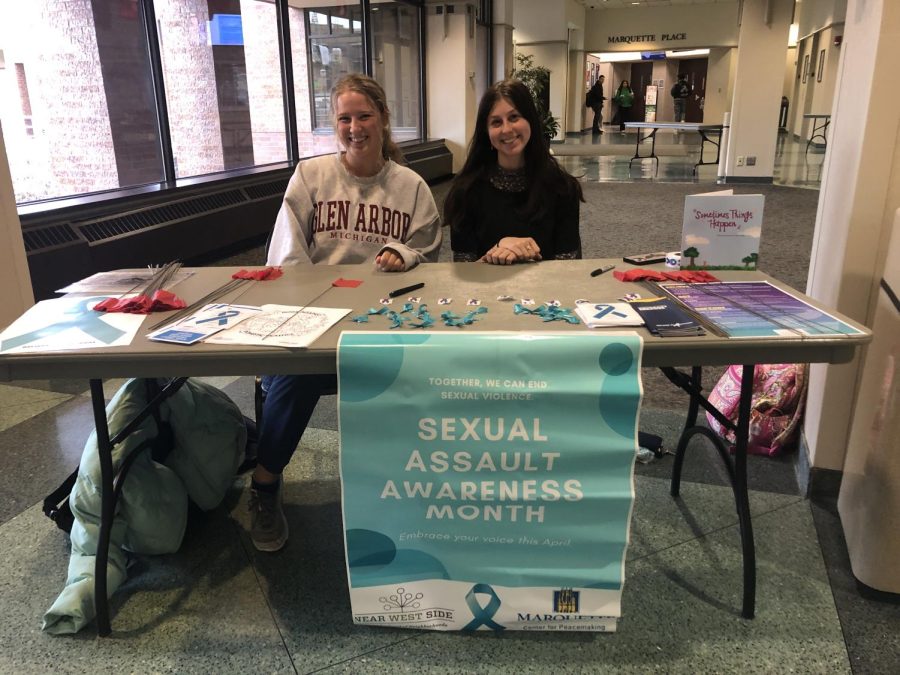Since 2018, Katherine Walsh, a junior in the College of Arts & Sciences, and Pat Kennelly, the director for the Marquette Center of Peacemaking, has been working with Dr. Wee Teck Young “Hakim” on the Relational Learning Project.
Dr. Young, a co-founder of the project, explained that the Relational Learning Project seeks to nurture learning through relationships with the natural world and the human family, connecting everyone and everything.
Dr. Young shared how he came to work on this project.
“From 2012 to date, the Afghan Peace Volunteers and I have been learning many important things about humanity and the planet from people across the world through conversations in-person or online,” Young said in an email.
He also explained that different realities and challenges came alive through authentic connection.
“We uncovered realities and challenges we couldn’t find easily in books or on the internet, but which came alive through authentic connections. We wondered why ordinary people from the U.S., Latin America, Russia, China, Europe, Afghanistan and other countries weren’t connecting more intentionally to learn more from one another,” Young said in an email. “So, in 2018, we co-developed the Relational Learning Project, and started its online work in October 2019.”
Young also explained that there are two different components to the Relational Learning Project.
“It provides two intentional online platforms: the Relational Learning Survey and the Relational Learning Circles,” Young said in an email.
Walsh said participants can participate in both the survey and the circles, though they can choose to do just one or the other.
“The survey is just like 50 questions where there’s like two different statements … that’s just trying to get an idea of how people feel about nonviolence,” Walsh said.
The online Relational Learning Circles include a group of three participants with a moderator on a zoom call in which they discuss questions for about an hour.
“It’s a bunch different variety of questions that kind of spark this conversation … you get to hear all the different perspectives,” Walsh said.
Walsh herself is in a group with someone from Luxembourg and someone from Afghanistan who is living in India.
When getting involved with the project, Walsh said she sat in on call between Kennelly and Dr. Young, a cofounder of the project, where they discussed working on the project.
Kennelly said the project was initiated in 2018 by the Afghan Peace Volunteers in Kabul, Afghanistan.
“I serve on the project team that helps lead this initiative. Other organizations involved include the Afghan Peace Volunteers, Global Days of Listening, Metaeducazione Italy, Thomas J. Dodd Research Center, Air Amber Singapore and a number of peace and educational organizations,” Kennelly said in an email.
Walsh was hired as a student researcher for the Center of Peacemaking.
“I’m a student researcher and I was kind of added to a team of people from across the world that are interested in non-violence tactics and interested in learning more about non-violence,” Walsh said.
Walsh explained how though Dr. Young got the ball rolling, she was in charge of creating a survey to send out to students with questions containing different statements relating to different categories.
“Hakim sent me the first draft and it was like 150-200 questions and … spring 2019 we just really paired it down to get a couple questions relating to each focus, political, economic and social,” Walsh said.
Young said he hopes this can encourage learning through participants.
“Human beings, the natural world and all of life are connected, and in the face of climate change, imploding inequalities and nuclear-risk wars, project participants can play our small part to build alternative relationships one person at a time,” Young said in an email.
Walsh said that anyone can participate in the calls at Marquette and anyone can participate in the survey.
“It’d be a cool opportunity for students at Marquette or even just faculty to sit on these video calls with people from different countries as a way to just kind of get perspective,” Walsh said.
Kennelly said in an email he hopes it helps create the next generation of peacemakers and practitioners of nonviolence.
This story was written by Ariana Madson. She can be reached at [email protected].




